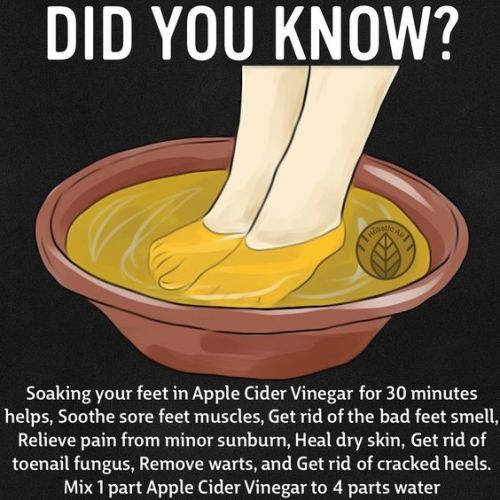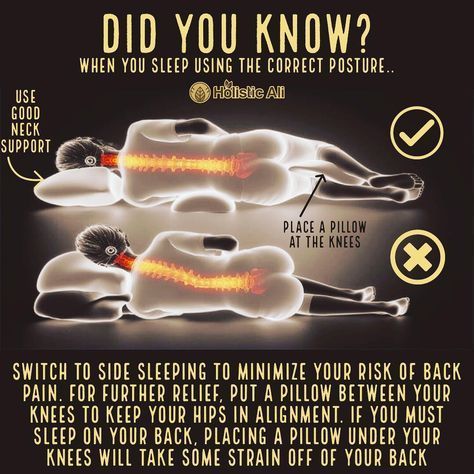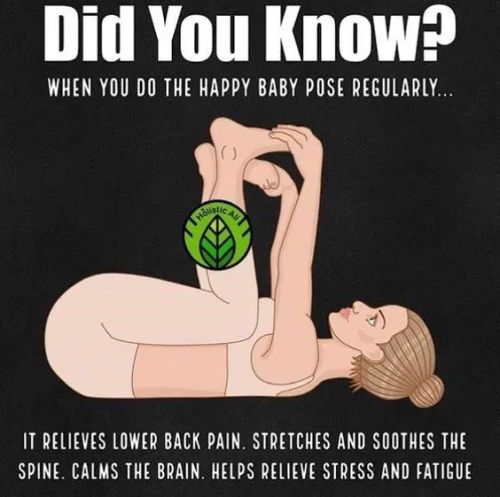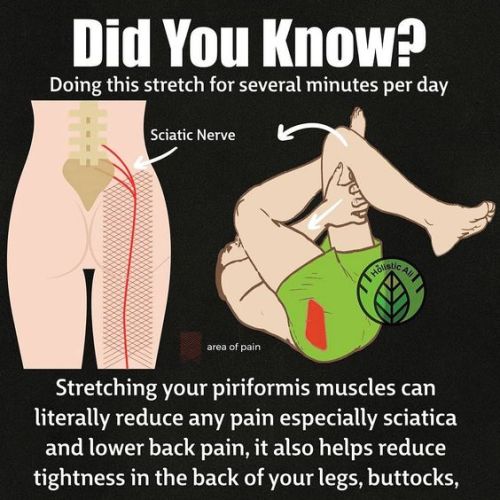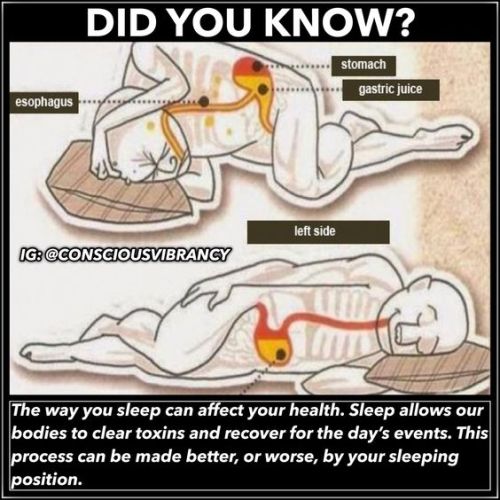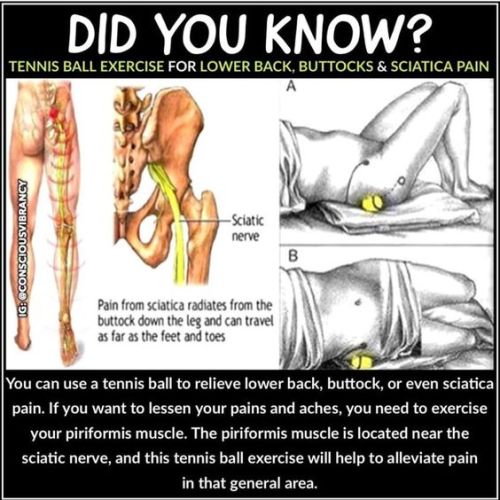Muito Bom
Muito bom










Did you know?
Online look for the best feiyue shoes on: http://www.icnbuys.com/feiyue-shoes
More Posts from Lokarprincipal and Others

1. Mindmaps - Terms are placed in bubbles on a piece of paper with arrows drawn between them to show how terms are connected.
Good at helping you see relationships between ideas.
Cause you to define a term, then see how it relates to a broader picture.
Can help you see cause and effect, dissimilarities and similarities, and how different ideas interact.
Maybe not good for learning what terms mean.
Particularly useful for essay exams, policy, history, social sciences, and literature.
2. Venn Diagrams - Two circles overlap, with the overlapping section being for writing similarities and the other two sections being for writing contrasts.
Good at helping you differentiate between ideas.
Maybe not good for comparing more than three ideas at the same time.
Particularly useful for essay exams or if you are confused about two similar terms.
3. Time Lines - A line is drawn and labeled with a unit of time (year, point in the book, etc), and events are added above the time they occurred.
Good at helping you place events in relative order.
Maybe not good if you need to define events as well (there may not be enough space to do so).
Particularly useful for exams that require you to memorize relative order, history, and literature.
4. Flashcards - A card has a term on one side and a definition on the other.
Good at helping you memorize short bytes of information.
Maybe not good for learning complex concepts or connecting concepts.
Particularly useful for learning vocabulary, foreign languages, and English.
5. Vocab lists - A piece of paper has terms written in one column. Next to the terms are their respective definitions in another column. The paper is then folded and used as a memory tool.
Similar to flashcards, but it is easier to see the differences between terms.
Disadvantaged in that the order you see the terms is not random.
6. Step-by-Step How-To Guides - Write how to do a problem step by step. Optionally, include an example to the side that shows each step.
Good at helping you learn how to do methodical problems.
Maybe not good for learning the reason why you do the steps you do.
Particularly useful for math and science.
7. Rewriting Notes - This is not simply making it prettier but reworking the wording so that it is in your own voice.
Good at helping you review concepts thoroughly.
Maybe not good if you are on a time crunch or find yourself not thinking through each word you’re writing.
Particularly useful for classes with a lot of details.
8. Summarizing Notes - Going through your notes and condensing the ideas.
Good at helping you see the main idea/big picture/key facts.
Maybe not good if you want to see the relationships between ideas or if the ideas are very complex.
Particularly useful for cramming.
9. Teaching Someone Else - Tutor someone else, give a presentation to your friends or family, or simply voice your thoughts out loud to a pet or stuffed animal.
Good at helping you understand concepts.
Maybe not good if you don’t know anything at all.
Particularly useful for all classes!
10. Rereading - Rereading notes and diagrams.
Good at helping you review very quickly.
Maybe not good for memorizing or learning concepts.
Particularly useful for skimming right before a test.
Your guide to being productive at work or school:



So, in this post, I am going to tell you how to be productive when it comes to work or school. So, let me tell you how to have a productive day.
Make a plan. Schedule your day the night before and make a to-do list. You can use Google Calendar or Apple Calendar. Planning saves you so much time because we often think, "Should we do this or that?" and we get overwhelmed and end up feeling anxious and doing nothing.
Make a realistic plan. No, you can't work 12 hours a day; that's unrealistic. Instead, set a realistic to-do list and schedule.
Build a system. When I say build a system, I mean turn on your work mode. Set aside a different space for work or go to the library. Get a caffeinated drink or water. Turn off your phone or at least notifications and put it in another room. Arrange everything you need to study or work.
Take a break. Ideally, when you cross a task off your to-do list, then you should take a break, or if you are feeling overwhelmed, then take a break.
You don't want to work or study, but you have to, or else you will fail? Then just open your notes and keep them in front of you and challenge yourself to sit for 5 minutes in front of them. You'll probably start reading them.
Motivation is important, but not like you saw a TikTok of some productive guru blabbering things. No. Motivation and work have this beautiful connection. The more work you do, the more tasks you cross off, the more motivated you are, like "OMG, I completed one lecture, now I can even revise notes of it."
The toughest part is starting. If you start working and studying, then everything gets a little easier from there.
Productivity looks different for different people. You did your homework? Wow, that's amazing. She did her homework, did additional reading, and read the textbook for the future lecture, then that's productive too. But by no means should you feel bad about yourself.
Stop obsessing over productivity. When you obsess over this, then your brain thinks it's a real big challenge and gets scared, makes it a bigger problem, gets overwhelmed, and then you scroll over all productivity tips on Reddit, YouTube, TikTok, and Tumblr.
Hope you like this post and it helped you.




Oliver Jackson-Cohen as James in Surface (2022) episode eight “See You on the Other Side”
Belíssimo
Snake fist by beautiful Sun Linya 😍🐍

Join our newsletter (it's free) --> www.1000lifehacks.com
Muito legal. Bacana mesmo.
Hey. I saw you helping people out, linking resources to learn a specific languages and such. Do you happen to have anything to help me learn Brazilian Portuguese? I've only studied it for a few months tho, and I'm starting to feel "stuck", and I'm in need of new things. Some good podcasts and such would be really helpful. Thanks!
Yeah of course! Here’s a couple things I found, hopefully they are able to help you get unstuck :)
Langblrs:
@le-raisin
@somedaybrazil
@romance-langs
@ticklemytonguelangblr
@how-to-portuguese
Podcasts:
BrazilianPodClass - Learn Portuguese Podcast
The Learn Portuguese Online Podcast
Practice Portuguese Podcast
Carioca Connection: Brazilian Portuguese Conversation Podcast
Portugueses no Mundo Podcast
Semantica Brazilian Portuguese Podcast
Todo Mundo Podcast
Websites:
Brazilian Portuguese Duolingo course
Busuu Portuguese course
Clozemaster Portuguese exercises
Babadum Portuguese exercises
Really Learn Portuguese
Other resources:
Disney songs in Brazilian Portuguese
Fernando - Fun With Brazilian Portuguese YouTube channel
Street Smart Brazil YouTube channel
My Portuguese Phrasebook
HelloTalk
Italki
Good luck!
O cara é duro na queda.
-Mami, ¿podemos ver a los campeones olímpicos? No, tenemos al abuelo en casa.
The Dance of a Thousand Hands.
Uma imagem vale mais que mil palavras.

-
 styu liked this · 1 year ago
styu liked this · 1 year ago -
 doc8692 reblogged this · 1 year ago
doc8692 reblogged this · 1 year ago -
 doc8692 liked this · 1 year ago
doc8692 liked this · 1 year ago -
 ballsontable liked this · 3 years ago
ballsontable liked this · 3 years ago -
 oomesh liked this · 3 years ago
oomesh liked this · 3 years ago -
 crazydazeprincess liked this · 3 years ago
crazydazeprincess liked this · 3 years ago -
 irishwhiskeyneatplease liked this · 4 years ago
irishwhiskeyneatplease liked this · 4 years ago -
 shenyanglaohu liked this · 4 years ago
shenyanglaohu liked this · 4 years ago -
 pepachan liked this · 4 years ago
pepachan liked this · 4 years ago -
 gofar98th liked this · 4 years ago
gofar98th liked this · 4 years ago -
 neremk liked this · 4 years ago
neremk liked this · 4 years ago -
 197324680 liked this · 4 years ago
197324680 liked this · 4 years ago -
 hood-affiliated liked this · 5 years ago
hood-affiliated liked this · 5 years ago -
 la-rose-consciente liked this · 5 years ago
la-rose-consciente liked this · 5 years ago -
 thesoulsrivetingballadry reblogged this · 5 years ago
thesoulsrivetingballadry reblogged this · 5 years ago -
 thesoulsrivetingballadry liked this · 5 years ago
thesoulsrivetingballadry liked this · 5 years ago -
 matte-soul liked this · 5 years ago
matte-soul liked this · 5 years ago -
 whore-kage liked this · 5 years ago
whore-kage liked this · 5 years ago -
 yvngdarko reblogged this · 5 years ago
yvngdarko reblogged this · 5 years ago -
 yvngdarko liked this · 5 years ago
yvngdarko liked this · 5 years ago -
 spokenwordajcp reblogged this · 5 years ago
spokenwordajcp reblogged this · 5 years ago -
 mpjx liked this · 5 years ago
mpjx liked this · 5 years ago -
 thastoopkid07 reblogged this · 5 years ago
thastoopkid07 reblogged this · 5 years ago -
 thedragonimagin reblogged this · 5 years ago
thedragonimagin reblogged this · 5 years ago -
 thebeautifulmacabre liked this · 5 years ago
thebeautifulmacabre liked this · 5 years ago -
 charredbrie reblogged this · 5 years ago
charredbrie reblogged this · 5 years ago -
 kinkykouple13 liked this · 5 years ago
kinkykouple13 liked this · 5 years ago -
 pink-n-black-n-happiness reblogged this · 5 years ago
pink-n-black-n-happiness reblogged this · 5 years ago -
 s-a-m-jey liked this · 5 years ago
s-a-m-jey liked this · 5 years ago -
 roragontank liked this · 5 years ago
roragontank liked this · 5 years ago -
 itnvrstops-blog liked this · 5 years ago
itnvrstops-blog liked this · 5 years ago
